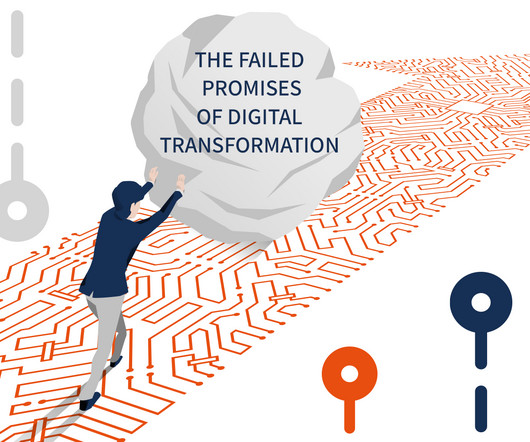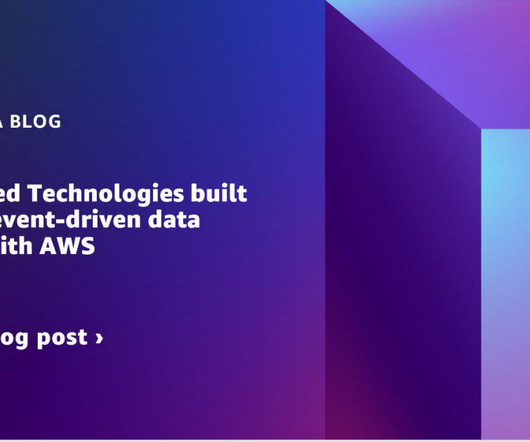The Failed Promises of Digital Transformation and What to Do About It
Ontotext
AUGUST 17, 2023
Digital Transformation, which has been a top priority for CEOs and boards of directors for many years, has had mixed results. These failures are at least partly due to the absence of graph technologies, at the center of those transformations, allowing companies to “connect the dots” across their data to drive optimal outcomes.














Let's personalize your content